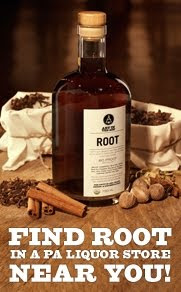New Year's Day was perfect to sit back, peruse all the seed catalogs, take left-over seed inventory (ditch the hybrids and old seed), and decide what seeds to order and from what catalog. I narrowed the choices of catalogs down to Fedco (last year's winner), Seeds of Change, High Mowing Seeds and my newest catalog,
Baker Creek Heirloom Seeds. My primary reason for these four was to focus on non GMO seeds. Yes, organic was initially a factor, but after seeing that certified organic seeds are more expensive and since I don't have a certified organic CFA or reason to make sure the seeds are organic (other than they must be non-GMO), I opted for non-organics and focus on non-GMO. Thus, Baker Creek Heirloom won the order. Every seed in their catalog is
non-hybrid, non-GMO, non-treated and non-patented. They do not buy seed from Monsanto-owned Seminis. They boycott all gene-altering companies. In other words, I'm getting "pure" seed that I can save from year to year if I don't use the entire pack. Since I went over-board last year, the seed list was minimal this year since I could use most of my seeds from last year. So here's the order:
Broccoli - Waltham
Corn - Ture Gold Sweet
Eggplant - Pandora Striped
Melon (Cantaloupe) - Schoon's hardshell
Red Pepper - Quadrato D'asti Rosso
Radish - Saxa 2
Squash - Sweet Dumpling (single serving size - good for stuffing)
Red Tomato - Granny Cantrell German Red
Cherry Tomato - Fox Cherry
And Zinnias and Sunflowers to attract beneficial insects. I'll do a post on heirlooms in the future. Heirlooms are unique plants worthy of a post all their own. What's up next? Leeks. I'm starting those seeds in the next two weeks.











